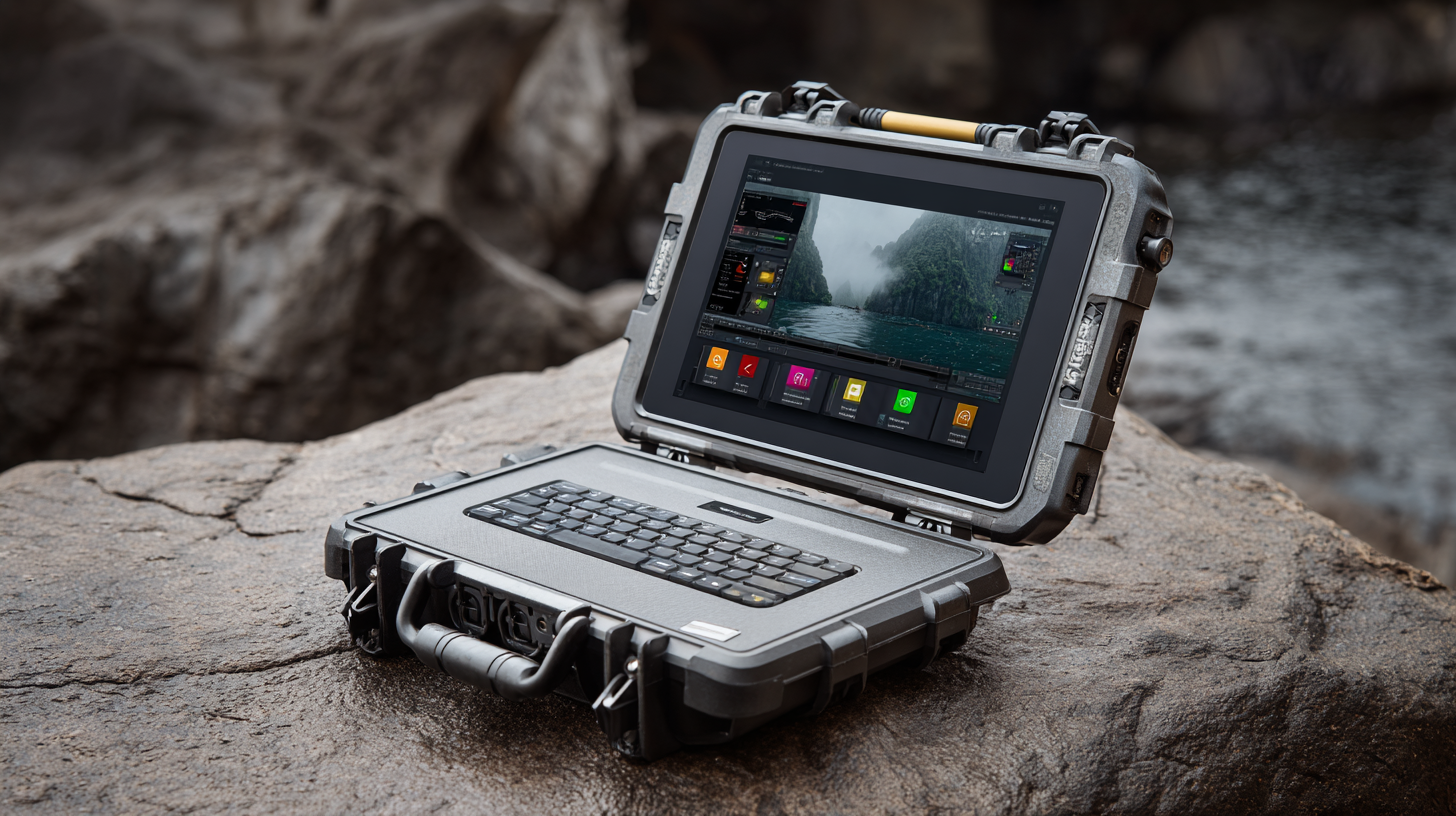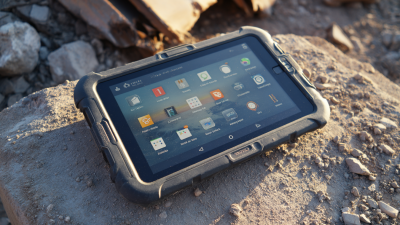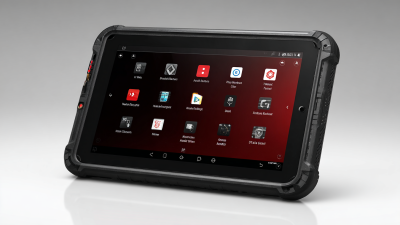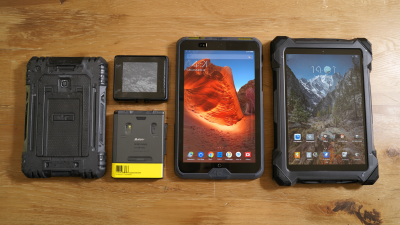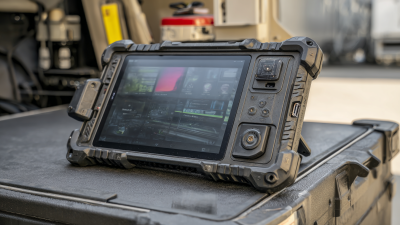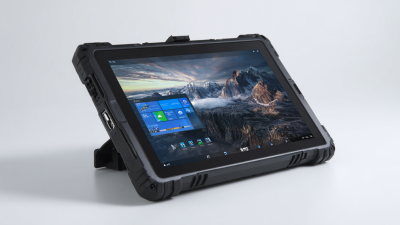Understanding the Advantages of Rugged Tablet Devices in Various Industries
In an increasingly digital world, the demand for reliable and durable technology has never been greater, particularly within industrial sectors. Rugged tablets have emerged as essential tools, combining the portability of traditional tablets with enhanced durability and functionality tailored to withstand challenging environments.
According to a recent report by VDC Research, the rugged device market is expected to grow by 6% annually through 2025, indicating a robust demand as industries like construction, manufacturing, and logistics recognize the advantages these devices offer.
Whether it’s for field data collection in adverse weather conditions or real-time communication in high-pressure scenarios, rugged tablets are proving indispensable.
This blog will explore the myriad benefits of rugged tablets across various industries, highlighting their contributions to operational efficiency and safety.
Exploring the Durability and Reliability of Rugged Tablets in Challenging Environments
Rugged tablets are increasingly becoming essential tools across various industries, particularly in environments where durability and reliability are paramount. These devices are specifically designed to withstand harsh conditions—be it extreme temperatures, dust, water, or accidental drops. Their robust construction ensures that field workers, first responders, and other professionals can rely on their technology to perform without failure during critical operations.
When selecting a rugged tablet, it’s important to consider specific features that enhance performance in challenging conditions. Look for models with high IP ratings, indicating resistance to water and dust, and those that meet military-grade specifications for added durability. Additionally, features like long battery life and ample processing power can significantly enhance productivity in the field.
Tips for ensuring longevity of rugged tablets include:
- Using screen protectors to prevent scratches
- Attaching hand straps for secure handling
- Regularly updating software to improve performance and security
By taking these steps, you can maximize the functionality and lifespan of your rugged tablet, ensuring it remains a reliable companion in demanding work environments.
Key Features of Rugged Tablets That Enhance Productivity Across Industries
Rugged tablets have become essential tools in various industries, thanks to their unique features designed to withstand harsh environments. A recent report from VDC Research indicates that the rugged tablet market is expected to grow significantly, with anticipated revenues reaching over $1.5 billion by 2025. One key feature that enhances productivity across industries is their durability; rugged tablets are typically tested against military specifications (MIL-STD-810G) for shock, vibration, and extreme temperatures. This durability ensures that workers can rely on their devices without worrying about damage in challenging settings, such as construction sites or manufacturing facilities.
Another critical aspect of rugged tablets is their superior battery life, which outlasts standard tablets in demanding conditions. According to a study by ABI Research, rugged devices offer on average 20-30% longer battery life compared to consumer-grade tablets. This extended performance ensures that professionals can work longer hours without interruptions, particularly in field operations where access to power sources may be limited.
**Tip:** When selecting a rugged tablet, consider the specific environmental conditions your team will face. Opt for devices with IP ratings indicating resistance to dust and water for maximum functionality.
Additionally, many rugged tablets provide enhanced connectivity options, like 4G LTE, which are essential for real-time data access and communication in industries such as logistics and healthcare. With swift and reliable connectivity, teams can streamline their operations and improve response times significantly.
**Tip:** Evaluate your connectivity needs based on your industry to choose a rugged tablet that supports various network options for optimal operational efficiency.
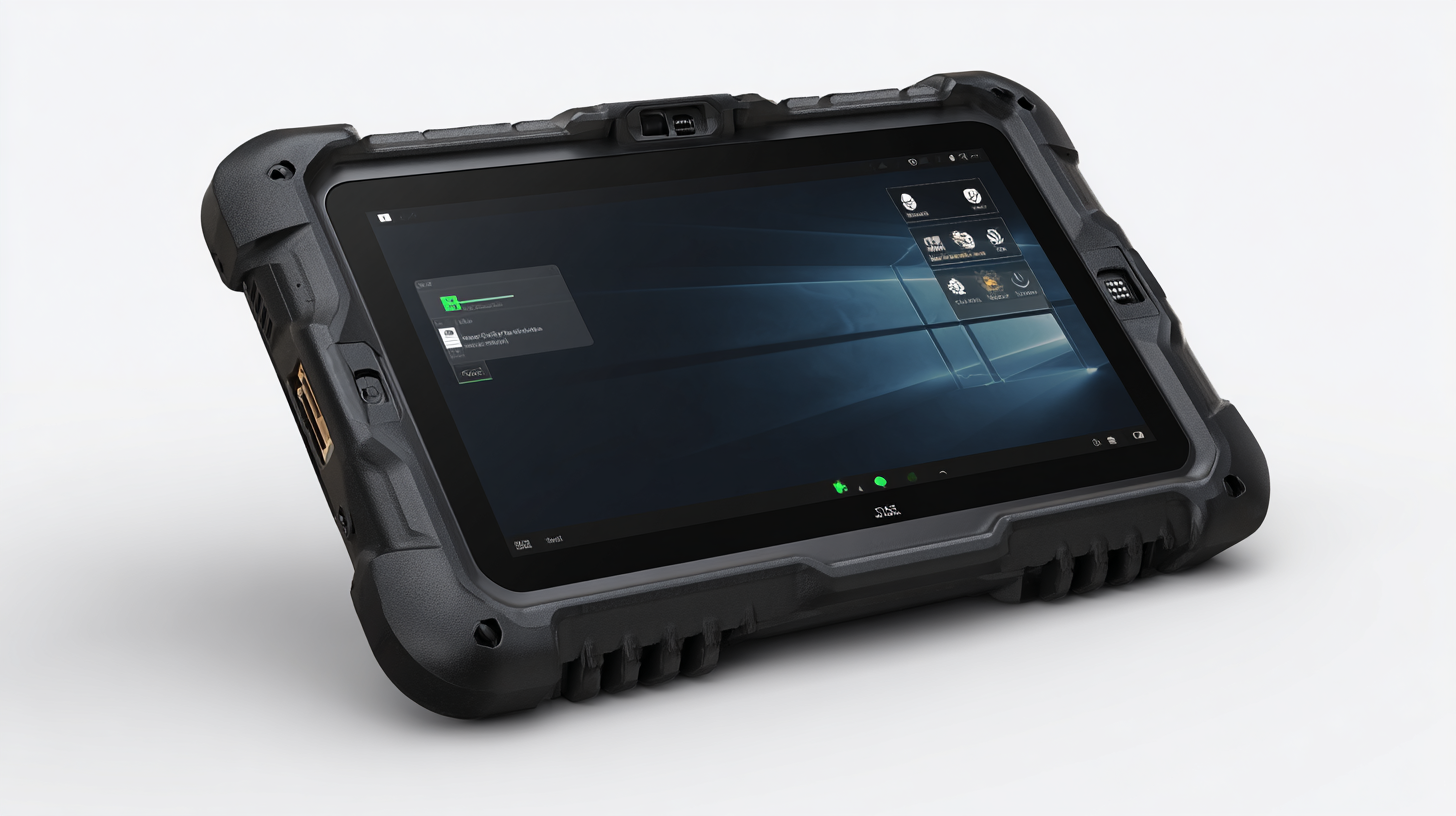
Maximizing Safety and Efficiency: Rugged Tablets in Field Operations
Rugged tablet devices have become essential in maximizing safety and efficiency, particularly in field operations across various industries. According to a report by VDC Research, the rugged mobile computer market is projected to grow from $2.65 billion in 2020 to $3.55 billion by 2024, driven by increased demand for mobile solutions that can withstand harsh environments. These devices are designed to survive extreme temperatures, moisture, and drops, making them ideal for industries such as construction, oil and gas, and logistics where employees often face challenging conditions.
Moreover, rugged tablets enhance operational efficiency through features tailored for fieldwork. A report from IHS Markit indicates that businesses using rugged devices can reduce operational downtime by up to 35%. This efficiency is largely attributable to the integration of real-time data capture and communications capabilities, allowing workers to access crucial information and record data on the spot. In sectors like emergency services and utility maintenance, where every second counts, the ability to work seamlessly outdoors with reliable, durable equipment is invaluable, ensuring that teams can respond quickly and effectively to dynamic situations.
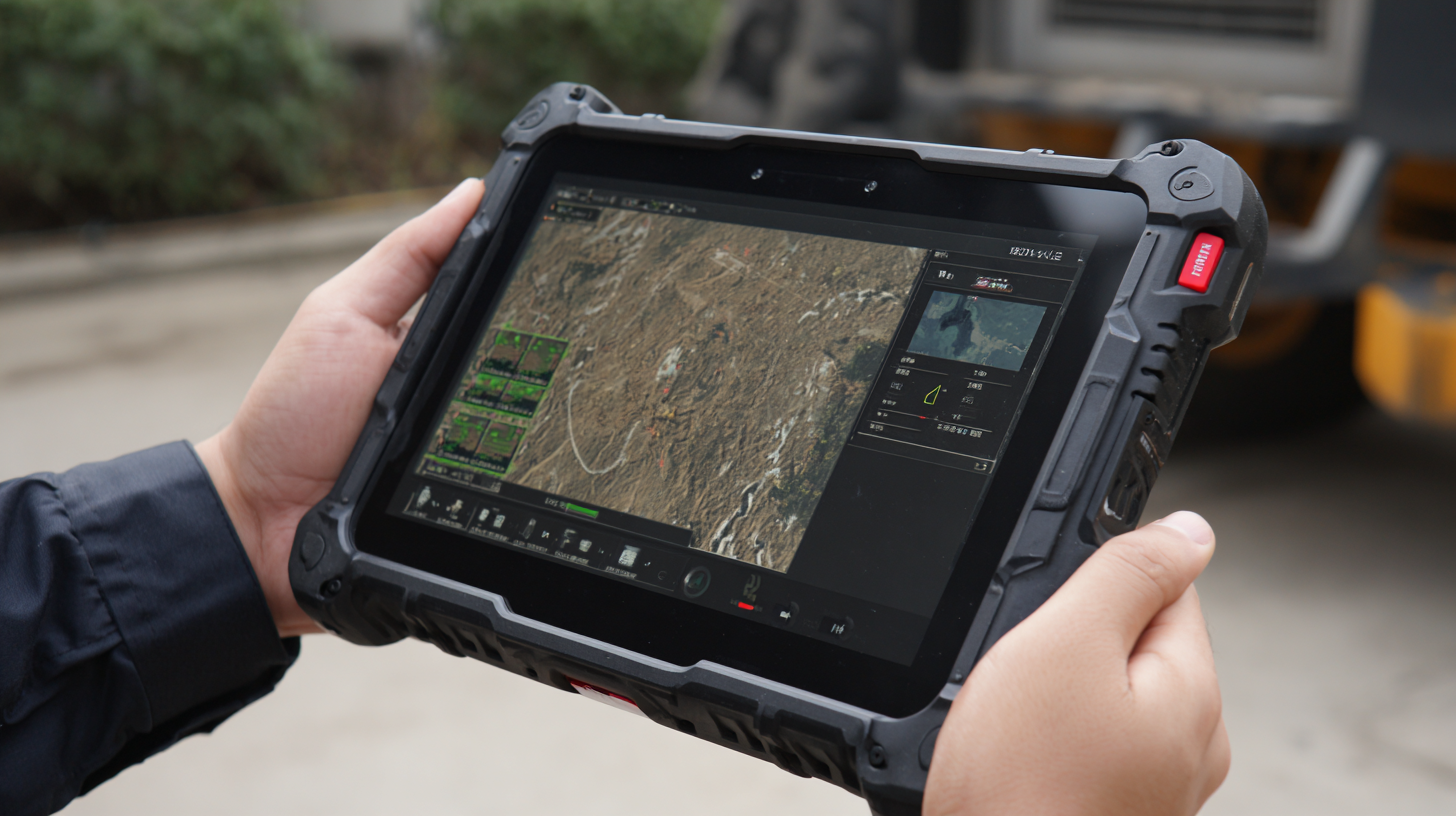
Cost-Effectiveness of Investing in Rugged Tablet Technology for Businesses
Investing in rugged tablet technology can significantly enhance operational efficiency and cost-effectiveness for businesses across various industries. Unlike regular tablets, rugged devices are specifically designed to withstand harsh environments and extreme conditions, which reduces the need for frequent replacements. This durability translates into long-term savings, as businesses can avoid the recurring costs associated with broken devices and potential downtime.
Moreover, rugged tablets often come equipped with specialized features such as enhanced security, advanced connectivity options, and improved battery life. These attributes enable a seamless workflow in fields like construction, manufacturing, and field services, where reliability is paramount. By utilizing rugged tablets, companies can streamline processes, reduce maintenance costs, and improve employee productivity, ultimately resulting in a higher return on investment. This makes rugged tablet technology not just a purchase, but a strategic investment that pays dividends over time.
Understanding the Advantages of Rugged Tablet Devices in Various Industries - Cost-Effectiveness of Investing in Rugged Tablet Technology for Businesses
| Industry |
Cost Savings (%) |
Increased Productivity (%) |
Durability Rating (IP / MIL-STD) |
Average Lifespan (Years) |
| Construction |
25 |
30 |
IP67 / MIL-STD-810G |
7 |
| Logistics |
20 |
35 |
IP65 / MIL-STD-810G |
6 |
| Healthcare |
15 |
40 |
IP66 / MIL-STD-810G |
5 |
| Field Services |
30 |
25 |
IP68 / MIL-STD-810G |
8 |
| Manufacturing |
18 |
28 |
IP67 / MIL-STD-810G |
7 |
Comparative Analysis: Rugged Tablets vs. Traditional Devices in Various Sectors
Rugged tablet devices are increasingly becoming the go-to technology in industries that demand durability and reliability. Compared to traditional devices, rugged tablets offer significant advantages, particularly in sectors such as construction, manufacturing, and logistics. According to a report by VDC Research, the rugged tablet market is expected to grow by over 10% annually through 2025, driven by the need for robust devices capable of withstanding harsh environments. These tablets are engineered to be resistant to extreme temperatures, moisture, and drops, making them ideal for field applications where traditional devices would fail.
In logistics and warehousing, the efficiency of rugged tablets can enhance operational workflows. A study by IDC highlights that organizations using rugged devices report a 20% increase in productivity due to faster data entry and improved inventory management. For instance, rugged tablets enable workers to scan barcodes and manage shipments in real-time, streamlining processes that traditional laptops or consumer-grade devices struggle to support under rigorous conditions. This comparative analysis demonstrates that while traditional devices may be sufficient for office environments, rugged tablets provide indispensable functionality in demanding sectors that require dependability and resilience.
Comparative Analysis of Rugged Tablets vs. Traditional Devices Across Different Industries

Home
Products
Solutions
MDM Software
OEM/ODM
About Us
About 3Rtablet
Quality Control
Contact Us
News
New Product Launch: 3R Rugged Tablet PC: AT-10AL—Powerful Customization with Yocto System
3Rtablet: Enhancing Your Off-Road Adventures,Your Ultimate Off-Road Companion
3Rtablet: Powering Productivity in Construction and Agriculture
Choosing Your Ideal Linux Rugged Tablet: Why Opt for Yocto?
Choosing Your Ideal Linux Rugged Tablet: Why Opt for Debian?
Yocto VS Debian - Choosing Between Yocto and Debian
GMS Certified Android Device: Ensuring Compatibility, Security and Rich Functions
New Arrivals: Rugged Android 12.0 or Linux Yocto OS Vehicle Telematics Box for Vehicle Applications in Various Sectors
Rugged Tablet For Taxi Dispatch
Rugged Driver Tablets Revolutionize Safety and Efficiency in Mining Operations
Rugged In-Vehicle Tablets Power the Growth of IoT Revolution in Modern Industries
VT-7A PRO: New Android 13 Rugged Vehicle Tablet with GMS Certification
Taxi Dispatch Rugged Vehicle Tablet: Taximeter Ruggedized Car Tablet PC with CANBUS MDT Terminal Is Bound to Make an Impact in Your Business
Sick and Tired of Doing Fleet Management the Old Way? Read This! Discover Smarter Solutions with MDT Terminals, Rugged Vehicle Tablets, MDM Platforms, and More
Global Memory Supply Faces Severe Disruptions Amid AI-Driven Demand Surge
Public Transportation Transformation Accelerates: Rugged Tablets Become the Brain of the Smart Bus
Smart Anti-Collision System Unveiled: Rugged Tablet Integrates Advanced Al Pedestrian Detection Reversing Camera Technology
Driving Forward Together | Merry Christmas from 3Rtablet
Experience Durability: How 3Rtablet Redefines the Standards of a China Leading 7 Inch Tablet Rugged Factory
A Comprehensive Buyer’s Guide to Selecting a China Leading IP67 Rugged Devices Supplier
FAQs
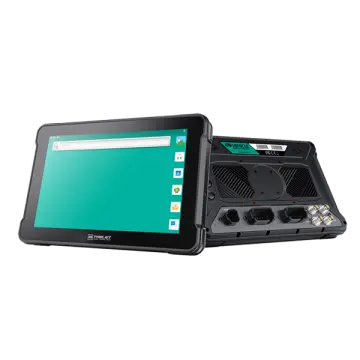 AT-10A
AT-10A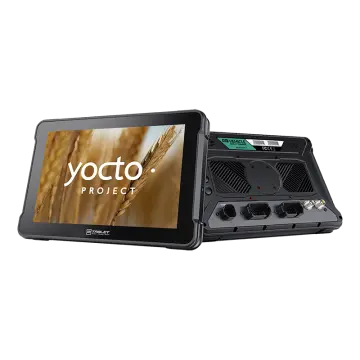 AT-10AL
AT-10AL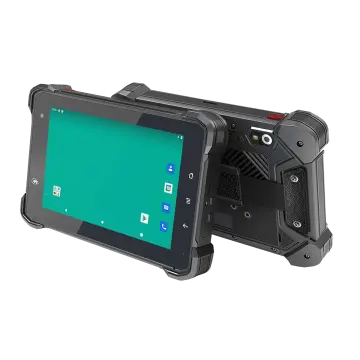 VT-7 GA/GE
VT-7 GA/GE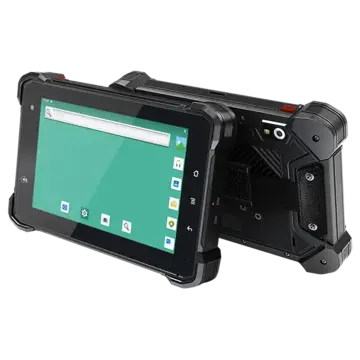 VT-7 Pro
VT-7 Pro VT-7 PRO (AHD)
VT-7 PRO (AHD) VT-7A
VT-7A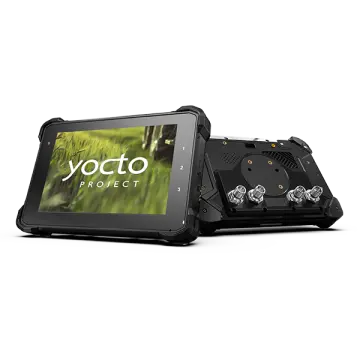 VT-7AL
VT-7AL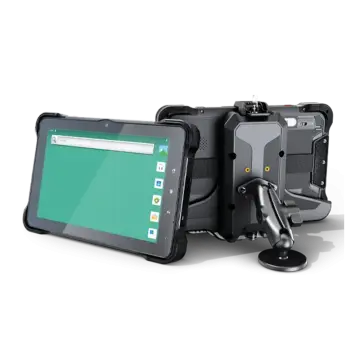 VT-10
VT-10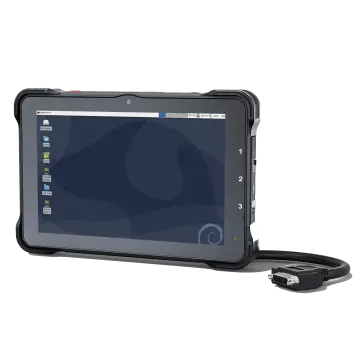 VT-10 IMX
VT-10 IMX VT-10 Pro
VT-10 Pro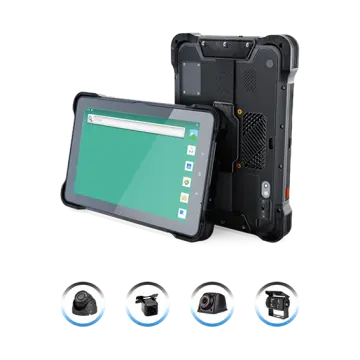 VT-10 Pro AHD
VT-10 Pro AHD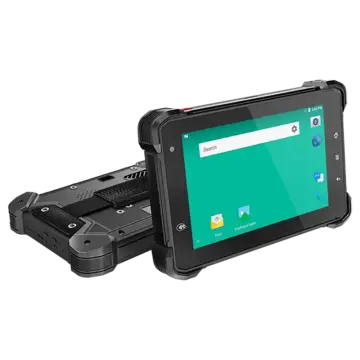 VT-7
VT-7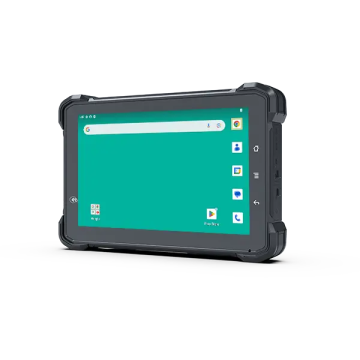 VT-7A PRO
VT-7A PRO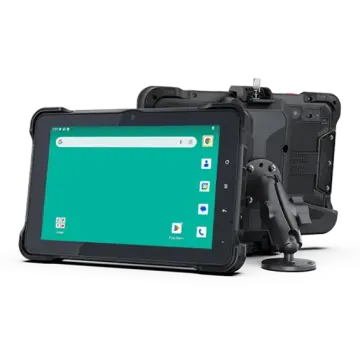 VT-10A Pro
VT-10A Pro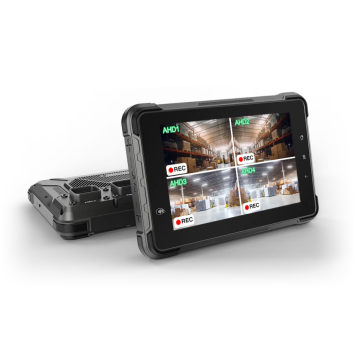 ST-7 Rugged Table
ST-7 Rugged Table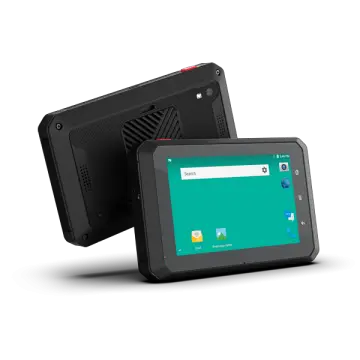 VT-5A
VT-5A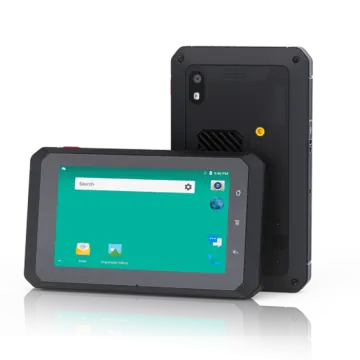 VT-5
VT-5 VT-BOX
VT-BOX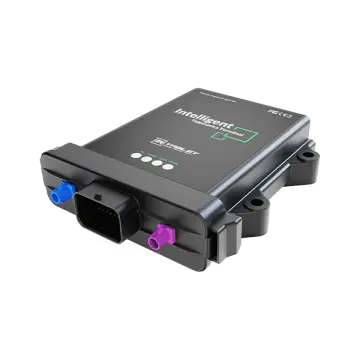 VT-BOX-II
VT-BOX-II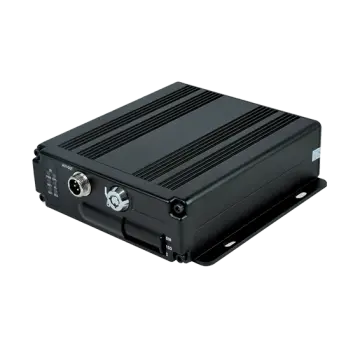 AI-MDVR040
AI-MDVR040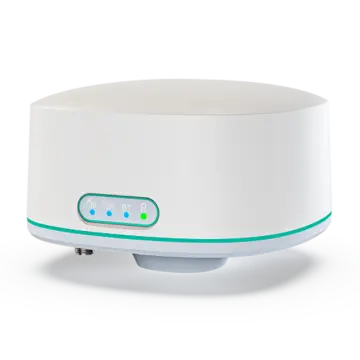 AT-B2
AT-B2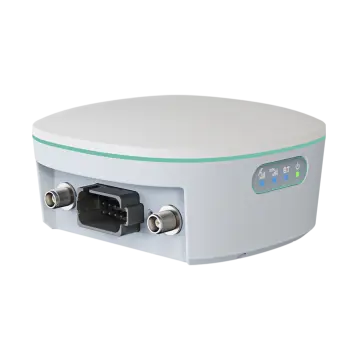 AT-R2
AT-R2